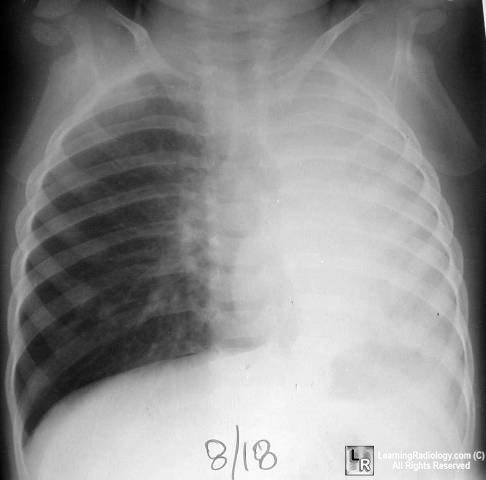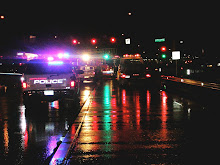A Buddhist funeral in
Most of you will find this practice repulsive, even barbaric and disrespectful. I find it to be absolutely inspiring.
Today, death is something that most of the living keep a safe distance from. In America the corpses of our loved-ones are usually whisked away by strangers, bled out, pumped full of toxic chemicals for an unnatural freshness, sealed in a metal casket, and dropped into a concrete tomb.
Each burial adds more non-biodegradable materials and noxious chemicals to the cemetery and takes away from the land and resources available to living people and animals. The whole process will usually cost a family at least $6,000-$8,000.
Other bodies will be cremated in a fossil-fuel-driven incinerator, releasing dangerous pollutants such as carbon monoxide, sulfur dioxide and mercury vapor into the atmosphere. “Ashes to ashes, dust to dust” is usually not the case here, as most cremains will be placed in an urn, isolated from the ground.
I am disgusted by these practices. As a biologically-minded person, I am comforted by my affirmations that Earth is but a pebble covered with a film of life; a living, breathing sugar-coating whose livelihood depends on the continuous cycling and transfer of energy and matter.
Therefore, I actually find the idea of my body decomposing and being consumed by other living things to be quite soothing. (this bit was a huge pull quote. haha.) Perhaps a molecule of my bone will one day find itself in a blade of grass, or a bird’s feather.
I don’t want to be embalmed, placed in a concrete tomb cut off from the Earth, or wasted in a fire. This can be an extremely difficult task, considering anything besides the standard American funeral can be almost impossible to accommodate and even taboo.
In my ideal funeral, which at the time is impossible in

















